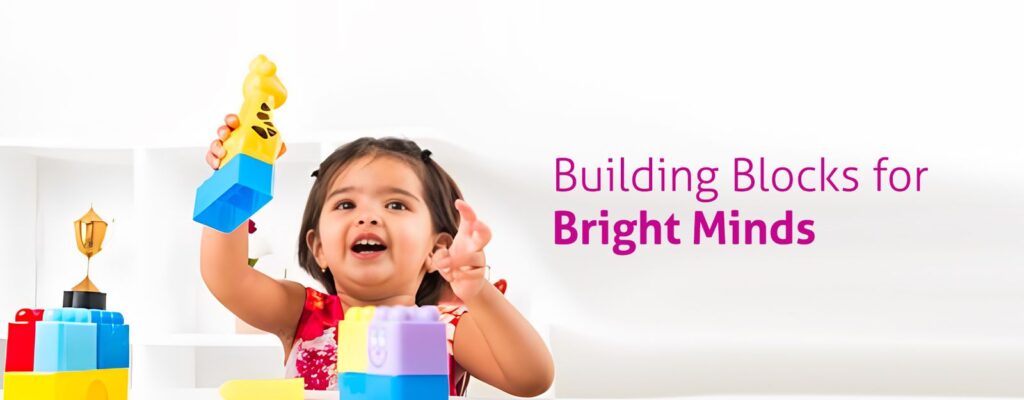
Our Programs
Toddlers reach Developmental milestones in how they play, learn, speak, behave, and move (like crawling, walking, or jumping). Their desire to explore new objects and people also is increasing. During this stage, toddlers will show greater independence; begin to show defiant behaviour; recognize themselves in pictures or a mirror; and imitate the behaviour of others, especially adults and older children. Toddlers also should be able to recognize the names of familiar people and objects, form simple phrases and sentences, and follow simple instructions and directions.
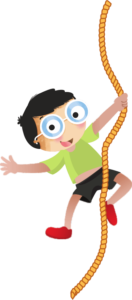
Significant achievements
Measurement of Growth: Developmental milestones serve as markers to measure a child’s growth in different areas.
Understanding Individual Differences: They contribute to our understanding of how children develop and how they may differ from one another in their growth patterns.
Uniqueness of Each Child: Milestones reinforce the idea that every child is unique and follows their own developmental pace.
Program and Activity Selection: Recognizing natural developmental milestones is beneficial in selecting age-appropriate programs and activities for children.
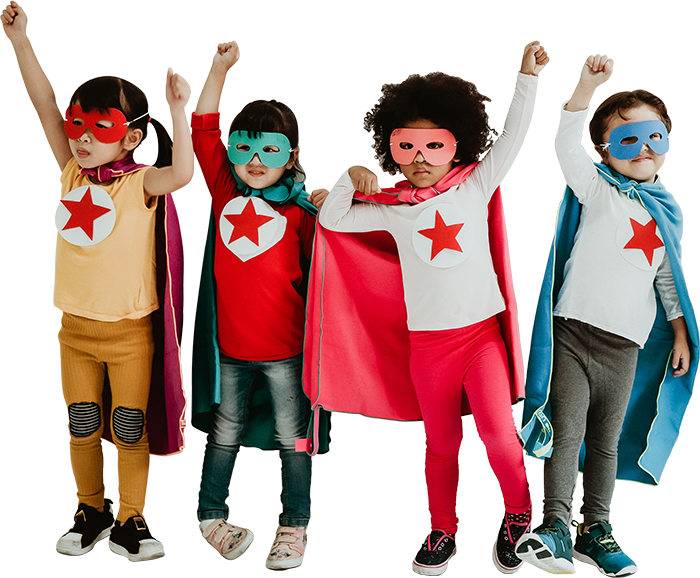
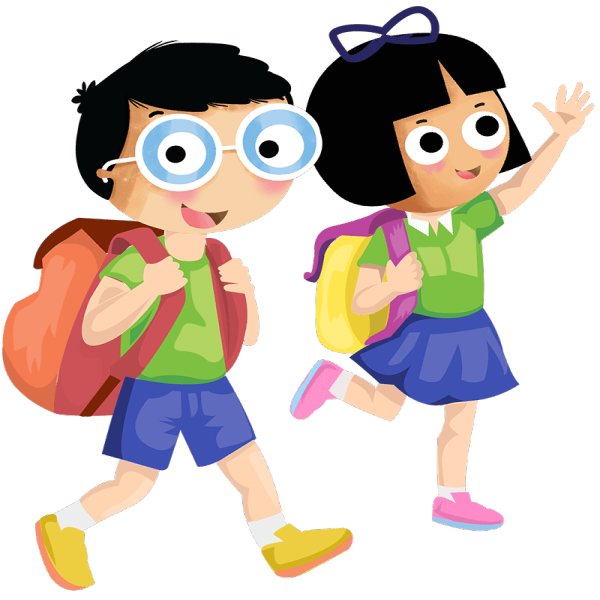
Peppy GEM for 1 to 2 year old children
Toddlers reach Developmental milestones in how they play, learn, speak, behave, and move (like crawling, walking, or jumping). Their desire to explore new objects and people also is increasing. During this stage, toddlers will show greater independence; begin to show defiant behaviour; recognize themselves in pictures or a mirror; and imitate the behaviour of others, especially adults and older children. Toddlers also should be able to recognize the names of familiar people and objects, form simple phrases and sentences, and follow simple instructions and directions.
Our programme encouraged to explore their environment and it provides opportunities for developing social skills and building confidence in children.
Programme focus on the following skills such as gross motor, fine motor, language, sensory, emotional, social, mathematical etc.

Play DEAR for 2 to 3 year old children
Playgroup children are naturally curious. They have an insatiable appetite for exploring their environment, touching, tasting, and testing everything they encounter. It’s during this time that they develop their five senses and begin to make sense of the world around them. As caregivers and educators, it’s our role to encourage and facilitate this exploration in a safe and stimulating manner. Our Play Group Program is designed for children aged 2 to 3 years, focusing on social and emotional development, motor skills, and basic cognitive skills.

Pop STAR for 3 to 4 year old children
Our fun-filled programme encouraging the children to learn and understand and basic skills and also developing important life skills, gross and fine motor skills and creativity. All learnings and activities are presenting through fun filled play.
Take care of your Child
From health and safety; to a ready-for-school curriculum; to the full support of qualified instructors, we’ve developed our programme to give you total confidence in all elements of your child’s experience. Furthermore, our approach is centred on what experts believe would best prepare kids for kindergarten and all the major milestones to come.
Practices for safety, security, and cleanliness that adhere to or exceed all applicable local, state, and national guidelines.
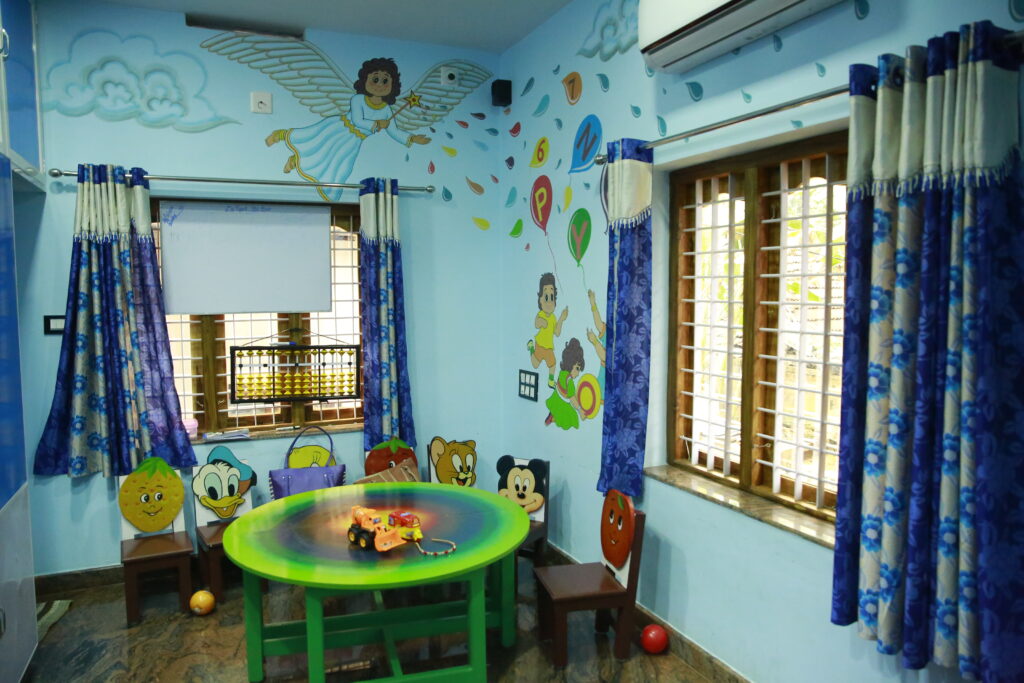
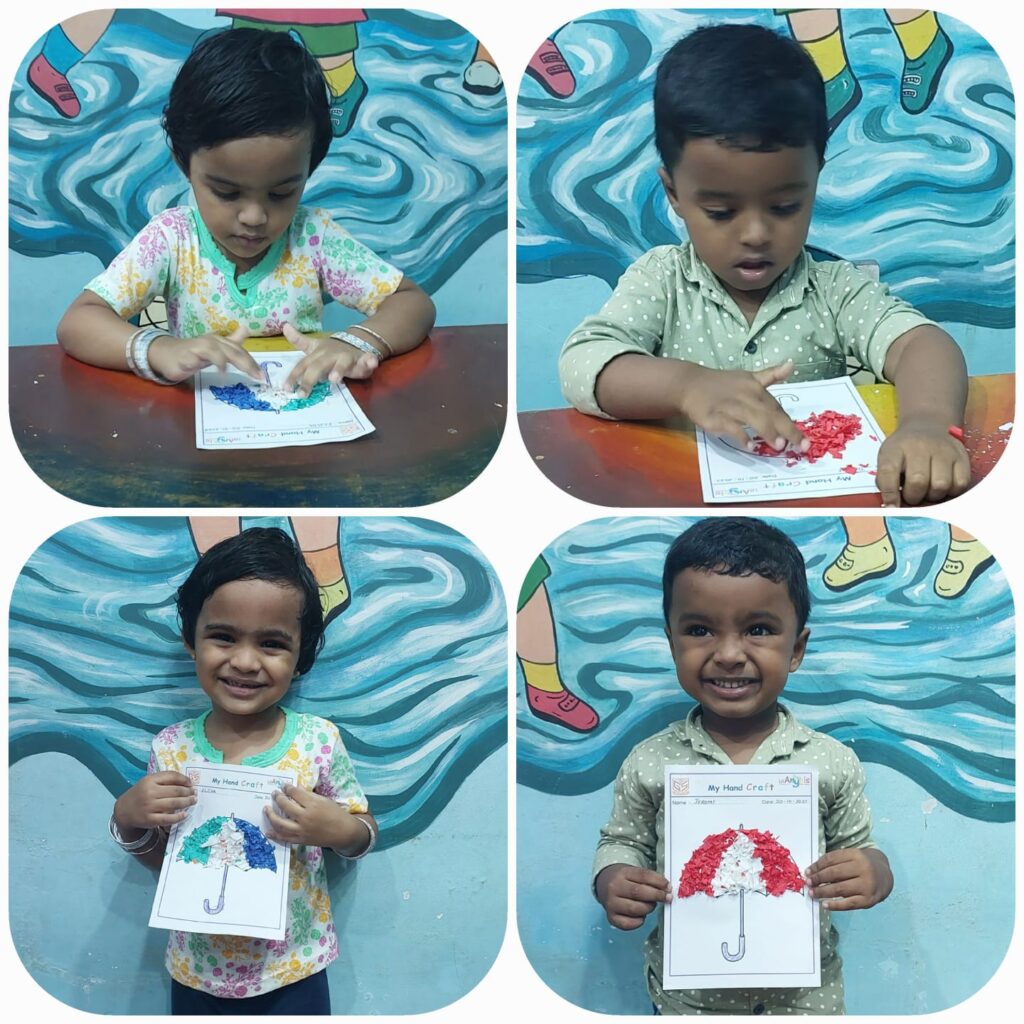
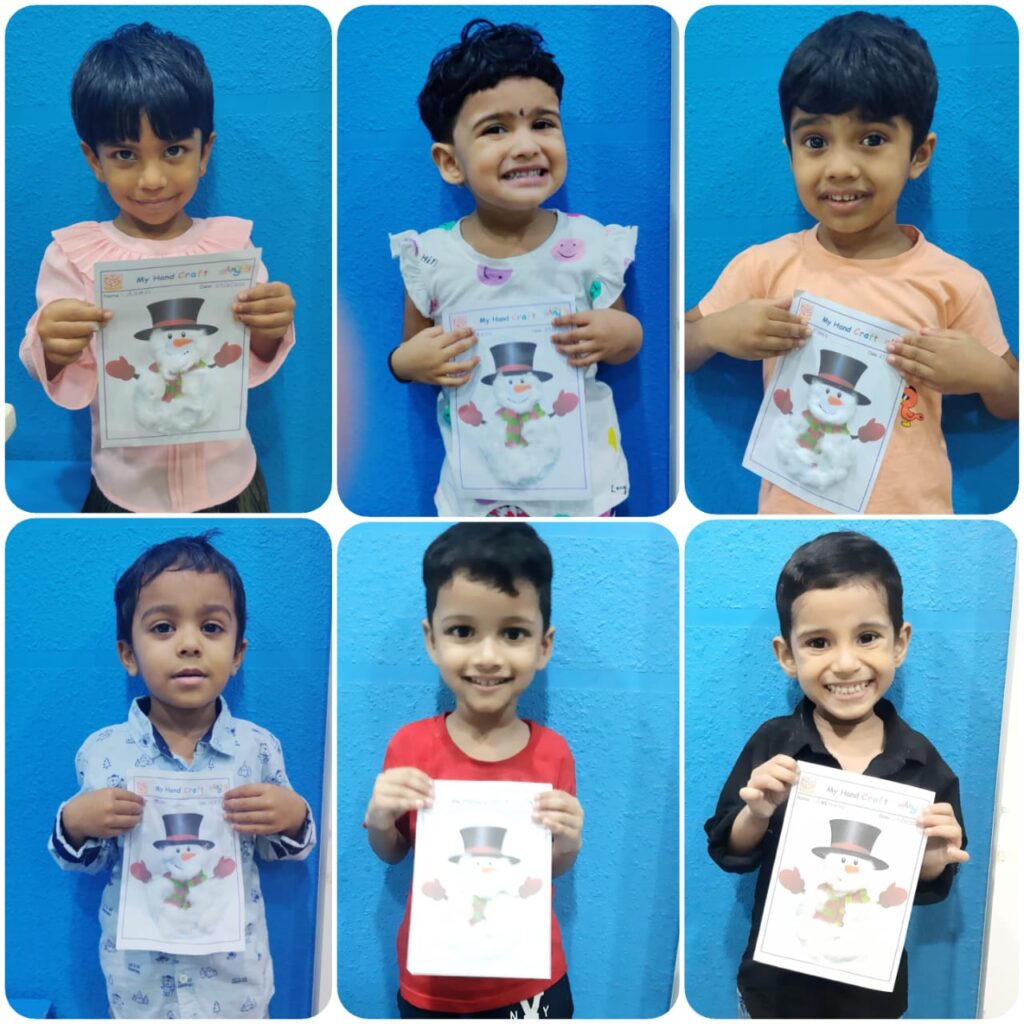
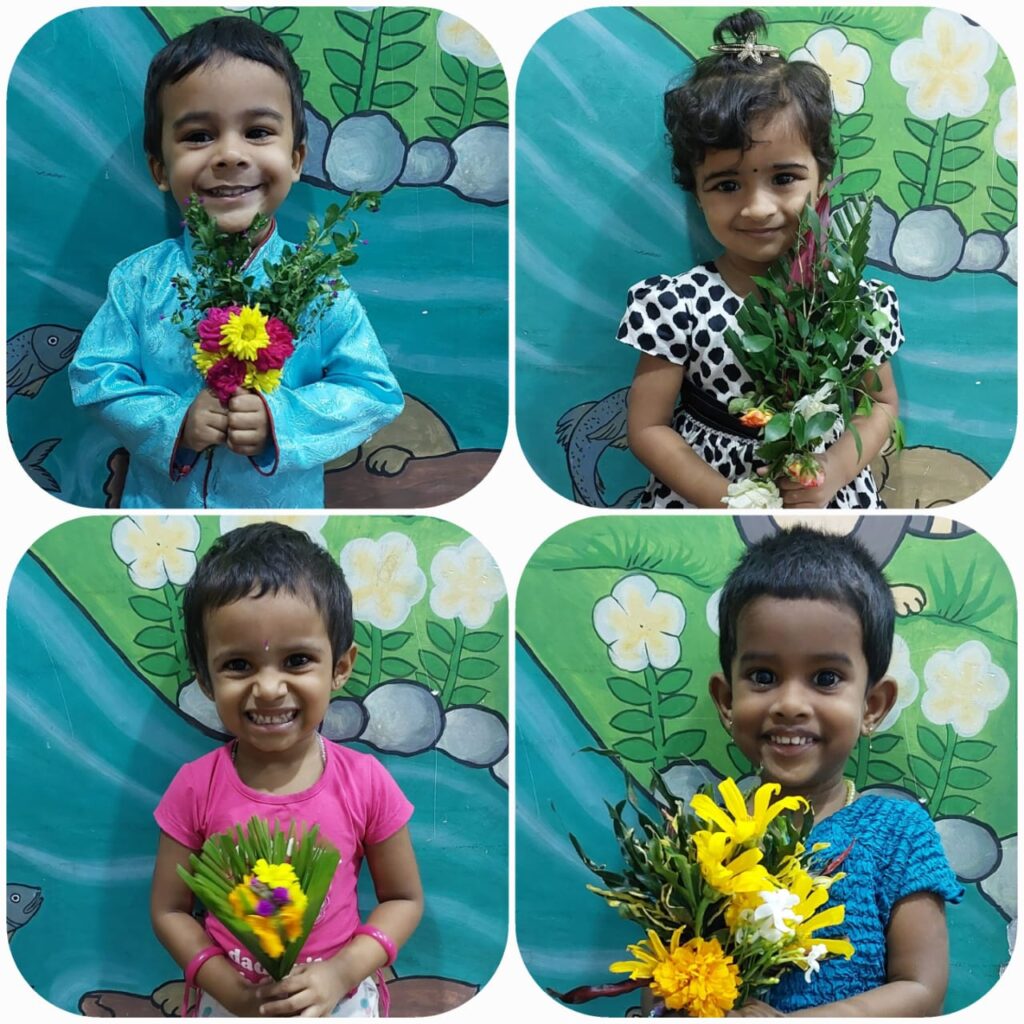
Early Childhood Development:
Play schools focus on the holistic development of young children, typically between the ages of 2 to 5 years. This critical period lays the foundation for various aspects of a child's growth, including cognitive, social, emotional, and physical development.
Socialization and Emotional Skills:
Play schools provide a structured environment for children to interact with their peers, promoting socialization and the development of essential interpersonal skills. Learning to share, communicate, and cooperate are crucial aspects of this social development.
Preparation for Formal Education:
Play schools act as a bridge between the home environment and formal schooling. They introduce children to a more structured routine and basic educational concepts, helping them adapt to a classroom setting.
